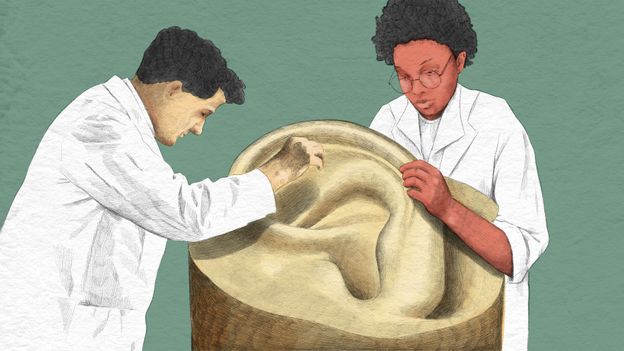Measles Returns to Illinois: 2 Cases Confirmed in Cook County – What You Need to Know
Chicago, IL – Public health officials in Chicago and Cook County have confirmed two cases of measles, marking the first instances of the disease in the county this year. The announcement, made Wednesday, raises concerns about potential community spread and underscores the importance of vaccination.
According to the Chicago Department of Public Health and the Cook County Department of Public Health, one case involves an adult resident of suburban Cook County. Crucially, the individual's vaccination status remains unknown. This highlights a key vulnerability in preventing measles outbreaks – individuals who are unvaccinated or have uncertain vaccination history.
Measles is a highly contagious viral disease that can cause serious complications, particularly in young children and those with weakened immune systems. Symptoms typically appear 7-14 days after exposure and include fever, cough, runny nose, and a characteristic rash. The disease can lead to pneumonia, encephalitis (brain swelling), and in rare cases, death.
Why is this happening? While measles was declared eliminated in the United States in 2000, recent outbreaks have been linked to declining vaccination rates and increased international travel. Individuals who are not vaccinated or who have not had measles as a child are at risk of contracting the disease when exposed to the virus.
What are health officials doing? Public health officials are actively investigating both cases to identify potential contacts and prevent further spread. This includes contacting individuals who may have been exposed and urging them to get vaccinated or tested. They are also working to raise awareness about the importance of measles vaccination and the risks of the disease.
What can you do?
- Get vaccinated: The measles, mumps, and rubella (MMR) vaccine is safe and effective. Most children receive two doses of the MMR vaccine – one at 12-15 months and a booster at 4-6 years.
- Check your vaccination records: If you're unsure about your vaccination status, talk to your doctor.
- Stay home if you're sick: If you have symptoms of measles, isolate yourself to prevent spreading the virus.
- Be aware of your surroundings: If you've recently traveled to areas with measles outbreaks, be extra vigilant about symptoms and seek medical attention if needed.
“We are taking these cases very seriously and are working diligently to contain the spread of measles,” said a spokesperson for the Chicago Department of Public Health. “Vaccination is the best way to protect yourself and your community from this preventable disease.”
For more information about measles and vaccination, visit the Centers for Disease Control and Prevention (CDC) website: https://www.cdc.gov/measles/index.html






